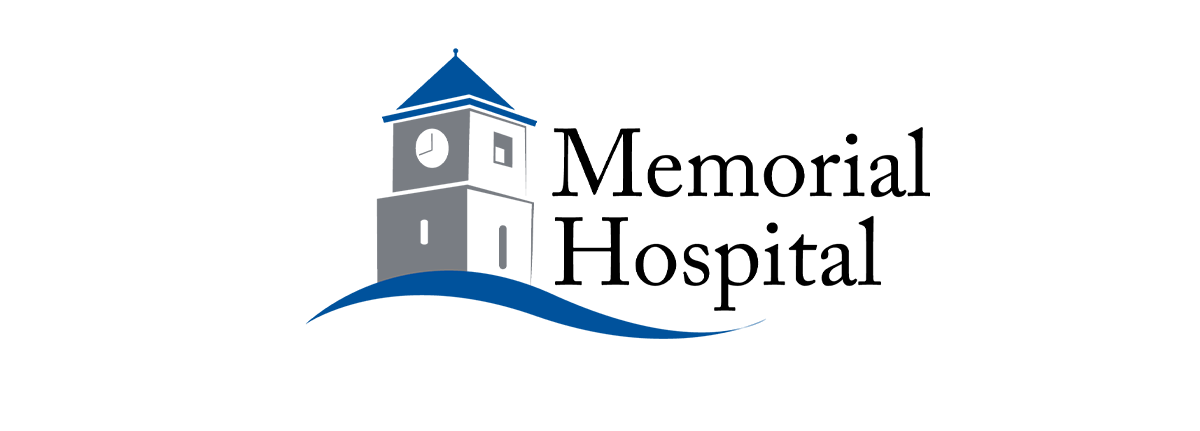
Do you have excellent communication and phlebotomy skills and like to work in a laboratory setting? You are who we want! Apply Today!
Job Summary:
Phlebotomists are the primary specimen collection personnel within the laboratory. All phlebotomists are responsible for:
- receiving patients in a courteous manner
- looking up physician orders for laboratory tests
- selecting the appropriate collection containers
- obtaining laboratory specimens through proper phlebotomy techniques on all ages of patients (neonates, toddlers, children, adolescents, adults, and seniors)
- properly labeling specimens and accessioning them into the laboratory
- answering patient and provider questions about testing or helping them find someone who can.
Phlebotomists must also demonstrate effective and professionally competent communication to physicians, other care providers, and nursing staff. Phlebotomists support the work of the medical technologists.
Primary Job Responsibilities:
Protected Health Information—phlebotomists must safeguard patient information, employee information and other protected health and private information. They should keep confidential all information they work with and only shared it with other members of the health care team DIRECTLY involved in the patient’s care.
Compliance—all phlebotomists must follow laboratory procedures, hospital policies, Joint Commission and College of American Pathologists (CAP) standards, and instrument operational instructions for any equipment they may use.
Quality Control— all phlebotomists will ensure that the requisite quality control procedures are conducted within their scope of practice and work area. This includes ensuring that all collection materials and other laboratory supplies are only used before their expiration date, and that expired materials are discarded.
Competency— all phlebotomists must demonstrate and document competency before performing any collection procedure or CLIA-waived test in the laboratory. They will not perform testing or procedures which are outside their scope of practice.
Safety and Risk Management—All phlebotomists are responsible for the safe operation of the laboratory. This includes annual training (Healthstreams) as well as daily compliance and corrective action when hazards are noted.
Education—all phlebotomists will fully participate in the laboratory education program. This includes competency testing during initial training, annual competency training thereafter. It includes successful performance and participation in all assigned further education. Phlebotomists are not just students, they are also trainers.
Supply Management—all phlebotomists will aid in ordering and maintaining inventories of necessary supplies. All phlebotomists will assist with the integration of new materials into the laboratory and oversee the disposal of out of date or discontinued supplies. Phlebotomists should be good stewards of the supplies they use, doing all they can to minimize waste, streamline processes and manage laboratory processes with utmost efficiency
Teamwork—the workload of this laboratory cannot be accomplished without the concerted efforts of the entire staff. It is important that all staff strive to build excellent working relationships with other staff members. These relationships should recognize differences in how each team member works best, and find ways to help others be productive and motivated team members.
Duties as Assigned—no list can encompass every possible required duty. All phlebotomists will be required to fulfill roles assigned to them by the Administrative Laboratory Director, Pathologist, or hospital administration when such duties are necessary for the successful delivery of patient care. Phlebotomists should strive to be good ambassadors of the laboratory profession towards physicians, hospital employees, patients and the community at large.
Education Requirements
- High School diploma (GED) at a minimum, some higher education preferred. Specifically, must have a demonstrated aptitude for performing specimen collections (including phlebotomy) and ability to navigate the health care environment. Training can be offered in phlebotomy, but a phlebotomy certification plus work experience is preferred.
- Demonstrated proficiency in basic medical terminology.
- Demonstrated CAPACITY to work INDEPENDENTLY in the following areas:
– phlebotomy – urine drug screen collections
– deciphering test orders – computer literacy; especial laboratory systems
– good phone etiquette – exemplary customer relations
– organizational skills – ability to maintain a clean work environment
– willingness to learn new skills
- Demonstrated COMPETENCY in the following activities:
– following written laboratory procedures.
– utilization of health information software (Epic and Sunquest).
– specimen collections
– phlebotomy on inpatients, outpatients, neonates, children,
adults, seniors and patients with special needs.
-drugs of abuse collections
– ensuring protection of protected health information (HIPAA)
HOURS: VARIES

